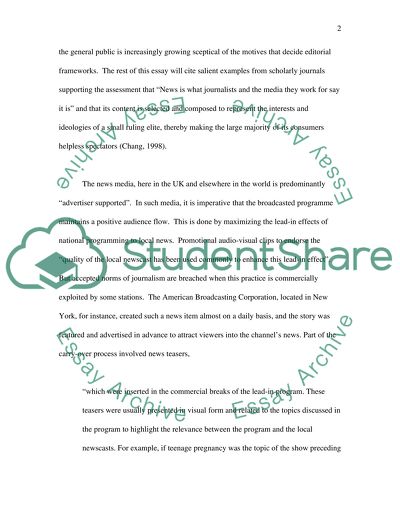Cite this document
(“Journalism Essay Example | Topics and Well Written Essays - 1750 words - 1”, n.d.)
Journalism Essay Example | Topics and Well Written Essays - 1750 words - 1. Retrieved from https://studentshare.org/sociology/1523948-journalism
Journalism Essay Example | Topics and Well Written Essays - 1750 words - 1. Retrieved from https://studentshare.org/sociology/1523948-journalism
(Journalism Essay Example | Topics and Well Written Essays - 1750 Words - 1)
Journalism Essay Example | Topics and Well Written Essays - 1750 Words - 1. https://studentshare.org/sociology/1523948-journalism.
Journalism Essay Example | Topics and Well Written Essays - 1750 Words - 1. https://studentshare.org/sociology/1523948-journalism.
“Journalism Essay Example | Topics and Well Written Essays - 1750 Words - 1”, n.d. https://studentshare.org/sociology/1523948-journalism.


